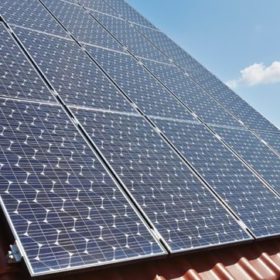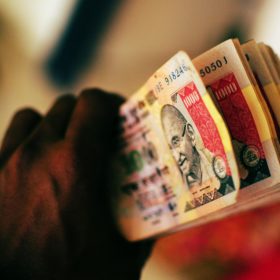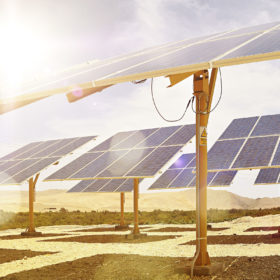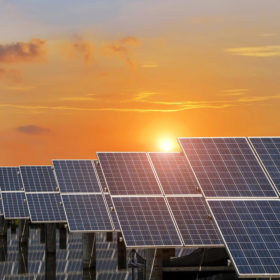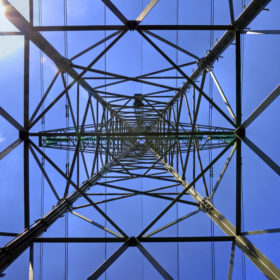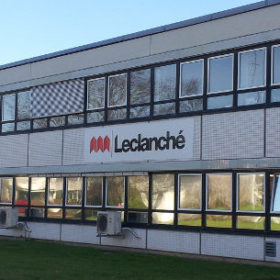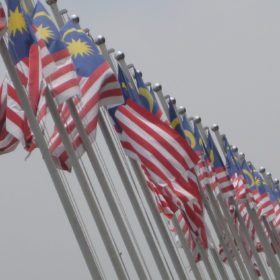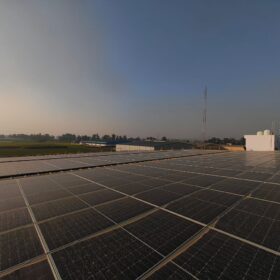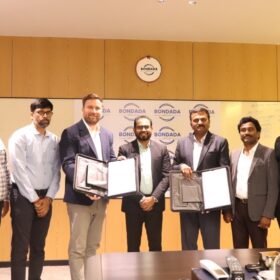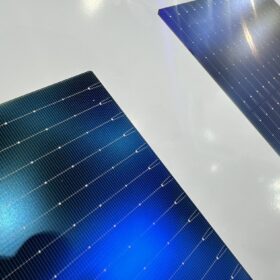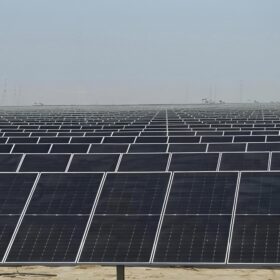Phase II of Rooftop Solar Scheme approved
The President of India has sanctioned financial outlay of Rs 11,814 crore for phase II of grid-connected rooftop solar programme to achieve ‘40 GW by 2022’ target.
GST and safeguarding duty have driven up solar power costs nearly 6%
A study by the Council on Energy, Environment and Water claims the imposition of goods and services tax on PV projects, safeguarding duty on module imports and late payments from hard-up power distribution companies are all hindering Indian solar.
25.75 GW farmland renewable with Rs 34,422 crore support approved
The President of India has approved total central financial support of Rs34,422 crore for the Kisan Urja Suraksha Evam Utthan Mahaabhiyan (KUSUM) rural solar scheme. Through the scheme, the government aims to add solar and other renewable capacity of 25.75 GW by 2022.
ReNew Power raises US$ 375 million with green bond
The independent power producer will use the capital raised through the green bond to refinance outstanding external commercial borrowings and as Capex in eligible green projects.
Change in form of Indian power purchase agreements may occur, says UK developer
The chief executive of Britain’s Proinso suggested slashing the length of power supply contracts from 25 to just five years could be a significant setback for Indian solar, and said the solution could be a hybrid agreement incorporating fixed and spot prices.
Andhra Pradesh regulator considers five-year PPAs
Hard-up distribution companies say they are not reaping the benefits of falling renewable energy generation costs because 25-year deals tie them to paying power prices which now appear unjustifiably high.
Exide JV partner gets a big boost ahead of Li-ion battery operations in India
The revenues of Switzerland-based Leclanché have increased more than 2.5 times to exceed CHF 47 million in 2018 compared to CHF 18 million in 2017.
12 GW ‘new’ solar with VGF support approved
The president of India has approved the Rs 8580 crore viability gap funding (VGF) support for state-run generators to set up 12 GW of solar projects using domestically-made equipment over the next four years.
UK-India fund commits $200m to renewables developer Ayana
Fund backed by both governments commits $200 million to the developer, which was itself established by the U.K. government a year ago. Ayana – which boasts a 500 MW solar portfolio – recently enjoyed a $330 million cash boost from public-private joint venture EverSource Capital.
Anti-dumping duty slapped on Malaysian solar glass
The Indian government has imposed anti-dumping duty of $114.58/metric ton on tempered solar glass imports originating in or exported from Malaysia. The five-year duty will be applied to products from producers except Xinyi Solar Sdn. Bhd.
